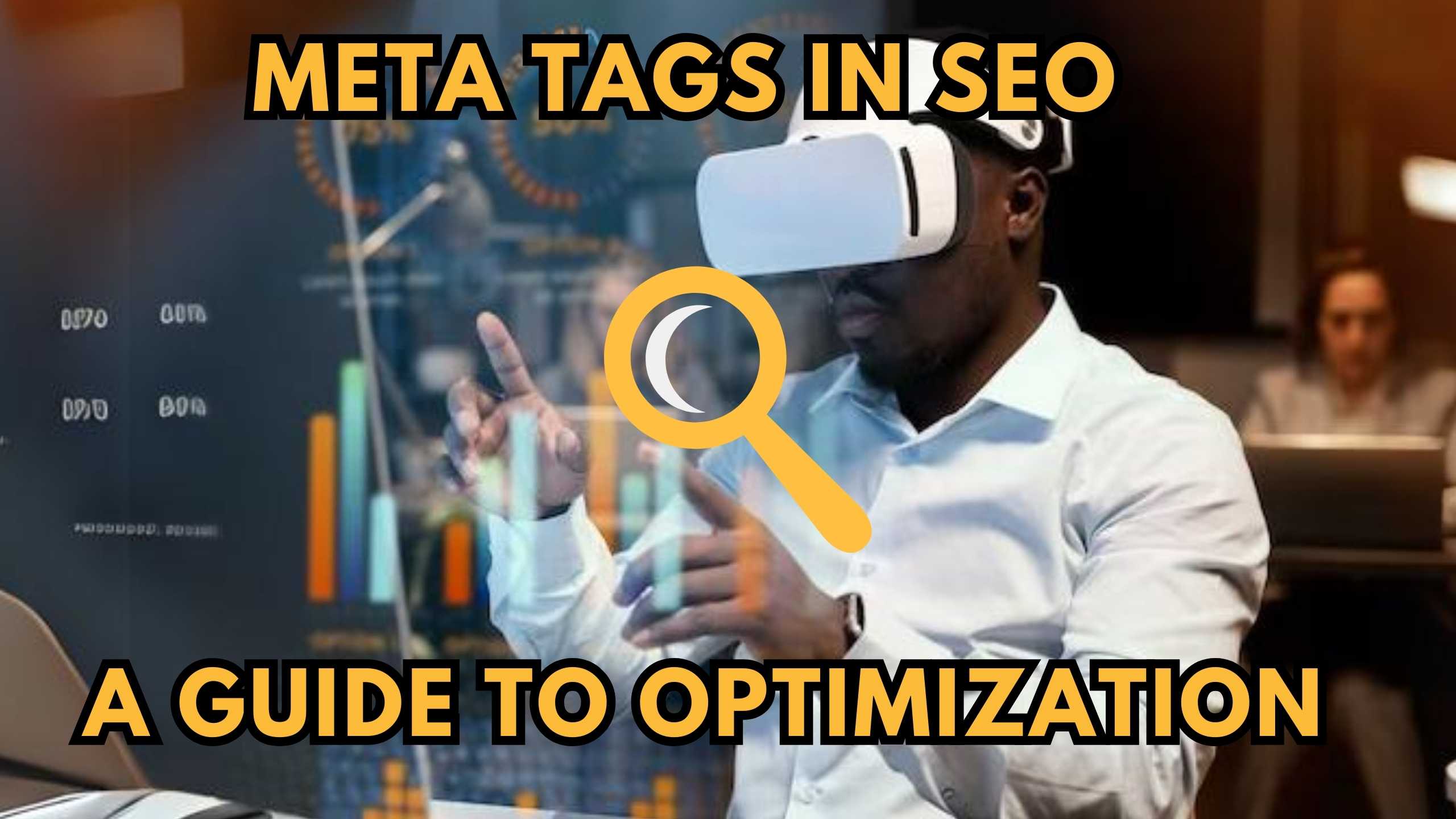Meta Tags in SEO: A Guide to Optimization
- WebOps Platforms Bug Tracking & Feedback Software Web Development & Design


Meta Tags in SEO: A Guide to Optimization
In the vast landscape of SEO, meta tags play a crucial role in optimizing a website for search engines. Understanding the nuances of meta tags is essential for businesses aiming to enhance their online visibility and improve search engine rankings. This comprehensive guide will unravel the mysteries behind meta tags and provide insights into effective optimization strategies.
1. Decoding Meta Tags: What Are They?
Meta tags are snippets of text that provide information about a webpage’s content to search engines. They are embedded within the HTML code of a page and offer insights into the page’s title, description, and other key elements. Properly crafted meta tags contribute to better search engine understanding, leading to improved visibility in search results.
2. Title Tags: Crafting the Perfect Headline
Title tags are a critical meta tag element, representing the title of a webpage. Crafting compelling and concise titles is essential, as they directly impact a page’s click-through rate in search results. Businesses can leverage SEMrush for in-depth keyword research, aiding in the creation of impactful title tags that resonate with their target audience.
3. Meta Descriptions: Elevating Click-Through Rates
Meta descriptions provide a brief summary of a webpage’s content. While not a direct ranking factor, well-crafted meta descriptions can significantly impact click-through rates. Utilize tools like Yoast SEO to optimize meta descriptions, ensuring they are engaging and aligned with search intent.
4. Heading Tags (H1, H2, H3, etc.): Structuring Content for Readability
Heading tags help structure content and improve its readability. Search engines use these tags to understand the hierarchy and context of content on a page. Enhance content clarity with Grammarly, complementing effective heading tag implementation for better SEO.
5. Canonical Tags: Managing Duplicate Content
Canonical tags are crucial for handling duplicate content issues, indicating the preferred version of a page to search engines. Utilize Screaming Frog SEO Spider for website audits, including identifying and resolving canonicalization challenges to ensure optimal SEO performance.
Recommended SaaS Products for SEO Optimization
- SEMrush: Empower your keyword research and optimize title tags for better search engine visibility.
- Yoast SEO: Craft engaging meta descriptions aligned with search intent for improved click-through rates.
- Grammarly: Ensure error-free content and enhance readability with clear heading tags for improved SEO.
- Screaming Frog SEO Spider: Conduct website audits, identify canonicalization issues, and optimize for superior SEO performance.
Conclusion: Mastering Meta Tag Optimization
In conclusion, mastering meta tag optimization is a pivotal step in enhancing a website’s SEO performance. From impactful title tags to well-crafted meta descriptions and structured heading tags, each element contributes to improved search engine visibility and user engagement.
Optimize Your Website Today with Subscribed.fyi!
Ready to take your website’s SEO to the next level? Subscribed.fyi offers a comprehensive platform to understand, compare, and manage your SaaS stack, including tools that aid in SEO optimization. Sign up today to unlock exclusive deals and insights, empowering you to make informed decisions for a more optimized online presence.
Relevant Links:








